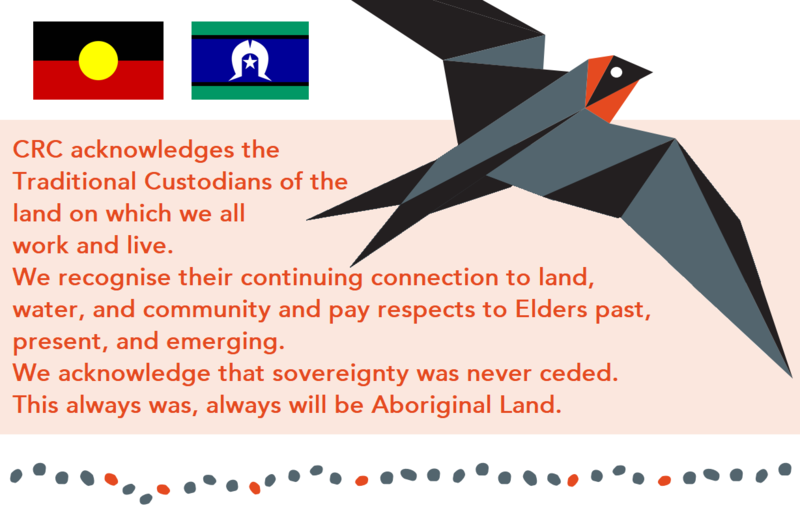What do we strive for in advocacy?
CRC embeds individual and systemic advocacy into all aspects of our work because we are passionately committed to building pathways out of the criminal justice system, de-carceration and breaking cycles of disadvantage and criminal justice system involvement. The ARPU builds on the experience, capacity and resources of CRC to strategically advocate for better outcomes for our clients, and for all people impacted by the criminal justice system.
Our advocacy work includes:
- Demonstrating the importance and efficacy of supporting and properly funding community-based supports for people impacted by the CJS, including those exiting prison
- Writing formal submissions to Government highlighting issues and considerations for people impacted by the CJS
- Briefing and meeting with Government Ministers and policy makers
- Sitting on boards and steering committees such as NSW Justice Health
- Membership in other advocacy groups such as KWOOP (Keeping Women Out of Prison)
- Contributing to ethical academic and applied research that aims to address gaps in knowledge about our client group, and the CJS more broadly.
The key issues that CRC advocates for include:
- Reducing the prison population by identifying and dismantling inter-related systemic drivers of incarceration and recidivism
- Building resources, support and the political will to fund community-led supports and alternatives to incarceration
- Improving post-release supports so that people can build pathways out of the justice system. This includes advocating for housing and resourcing for homeless populations on release from prison
- Improving access to the NDIS for people with intellectual disability who are also involved in the criminal justice system
- Improving conditions and opportunities for:
- people who are in prison (particularly with regard to access to education, training and genuine work opportunities)
- family members and friends of people in prison (particularly with regard to visits, respectful treatment and access)
- people when they leave prison (including breaking the cycle of imprisonment and homelessness)
- Reducing the over-representation of:
- First Nations people in custody and the associated harms
- people with mental illness in custody
- people with disabilities, including cognitive impairment, in custody
•Ensuring that people with lived experience of incarceration are given platforms to share expertise and offer leadership in this space
•We advocate on behalf of vulnerable and disadvantaged people in custody, at risk of entering the criminal justice system and/or impacted by the criminal justice system, including:
»First Nations people
»people with mental illness
»people with physical and intellectual disabilities or cognitive impairment
»people who have experienced family violence, disadvantage, trauma and social exclusion
»people who use substances
»parents/carers, families and communities
Why is research important?
The evidence from international best-practice literature shows that early intervention – paired with specialised diversion and integration throughcare support – is effective in keeping people out of jail.
By reviewing and incorporating findings from relevant literature and engaging in our own rigorous program evaluations, the ARPU is continuously learning, translating and adapting approaches to inform the work of CRC. The evidence, paired with CRC’s program successes, demonstrates that it is possible to support people to build pathways and identities outside of the criminal justice system and grow meaningful lives within the community.
ARPU advocates for better research-led solutions and nuanced long-term strengths-based program responses to supporting social inclusion and connection, rather than approaches that normalise exclusion and perpetuate disadvantage.
For research and advocacy enquiries, please contact us at arpu.team@crcnsw.org.au

